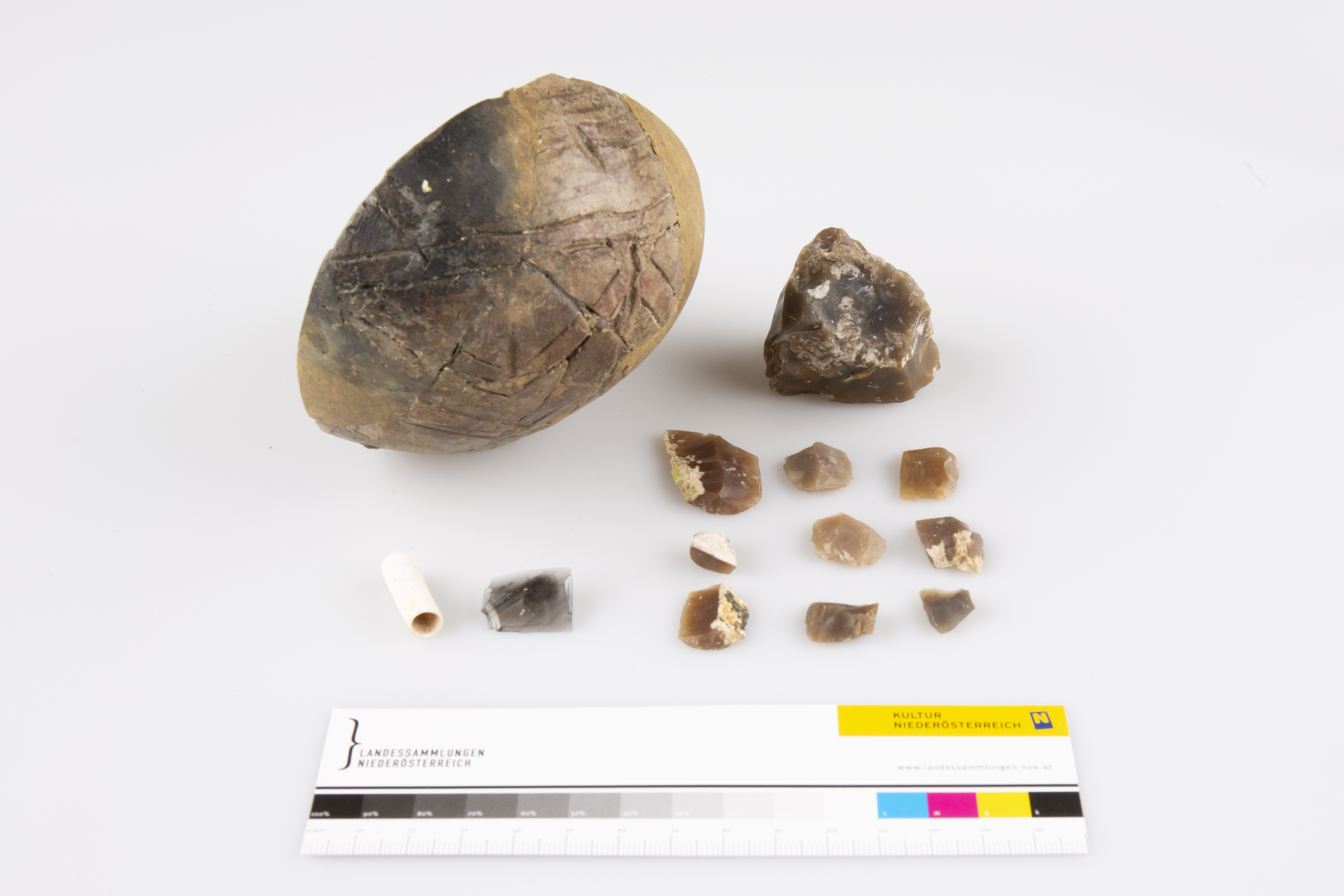Description
 Human existence is based on various constants - mobility is one of these and thus, from a historical perspective, one of the most significant assets experienced both individually and collectively. The mobility of things and ideas goes hand in hand with human change of place, whether voluntary or forced. Encountering the "foreign" in this way has had and has the potential to change what is "one's own", whether through the attractiveness of the "new" and the associated assimilation, or through the rejection of the same. As such, mobile things, people and ideas are pivotal factors of socio-cultural change. By putting the focal point on mobility, "culture" as a dynamic social category and fundament of social identity becomes understandable.
Human existence is based on various constants - mobility is one of these and thus, from a historical perspective, one of the most significant assets experienced both individually and collectively. The mobility of things and ideas goes hand in hand with human change of place, whether voluntary or forced. Encountering the "foreign" in this way has had and has the potential to change what is "one's own", whether through the attractiveness of the "new" and the associated assimilation, or through the rejection of the same. As such, mobile things, people and ideas are pivotal factors of socio-cultural change. By putting the focal point on mobility, "culture" as a dynamic social category and fundament of social identity becomes understandable.
The project investigates these dynamics in six thematic areas covering periods spanning more than 7000 years through objects from the provincial collections of Lower Austria as well as institutional collections in the area of today's Lower Austria. As this region, from a historical perspective, is particularly well suited due to its high mobility, also when comparing in an international context. The "mobile household goods" is the common object pool of all subject areas, since on the one hand, it defined significantly social identities in many cultures, and on the other hand, it literally can easily be moved from one location to another.
Therefore, the project investigates in all of its thematic areas not only the mobility of things, but also how mobility is made visible in the objects. Which "mobile" things can be identified in inducing which cultural changes? Which mobility-caused changes led to which shifts in terms of human-thing relationships?
The close cooperation of six GSK institutes with the State Collections of Lower Austria, MAMUZ – The Museum, Danube University Krems’ Center for Museum Collections Management, the museumsmanagement Niederösterreich as well as institutionalized collections in the province will both increase the visibility of GSK research in Lower Austria and make the collections more attractive for research at home and abroad. Furthermore, the Lower Austrian GSK-research as well as the project’s value of innovation will sustainably strengthen from the cooperation with renowned international partners. Young scientists will be included into research, which is seamlessly interwoven into the teaching formats of all involved institutes and the courses the universities of applied sciences offer.
Details
| Duration | 01/02/2019 - 31/01/2022 |
|---|---|
| Funding | Bundesländer (inkl. deren Stiftungen und Einrichtungen) |
| Program |
FTI Programm LNÖ

|
| Department | |
| Principle investigator for the project (University for Continuing Education Krems) | Mag. Sandra Sam |
| Project members |
Mag. Daniela Fehlmann
|
Team
-W.-Skokanitsch_210x280.jpg/jcr:content/Sam%20Sandra%20(c)%20W.%20Skokanitsch_210x280.jpg)
-
sandra.sam@donau-uni.ac.at
-
+43 2732 893-2562
-
To contact form
-
Krems-Minoritenplatz 4, 1st Floor, Büro 2
Mag. Daniela Fehlmann
Lectures
Mobile Dinge-mobil ins Weinviertel
Mamuz Finissage, 17/11/2022